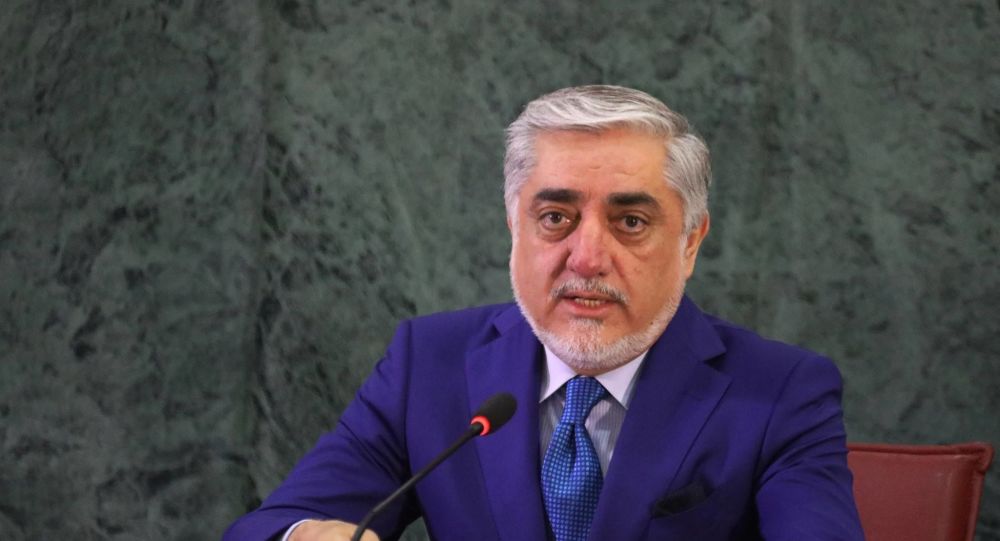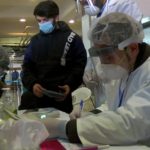Abdullah Abdullah, head of the High Council for National Reconciliation, on Friday criticized the Taliban for not ending violence in the country and thus preventing the peace process from moving forward.
He made the remarks at the end of a four-day meeting titled “Strengthening Regional and International Consensus” attended by representatives of at least 20 countries and international organizations, including the United States and the United Nations.
Referring to the prisoner release, Abdullah said: “We will get to the number, 5,000. I had discussions with President Ghani in that regard and spoke about it earlier in detail. That’s part of the phase…which is confidence building measures and we need to move from this phase to the next, which is the phase of engagement but in between also the level of violence which is unacceptable is mainly caused by the Taliban,” Abdullah said.
Abdullah said that the emphasis in the meeting was on Afghan-led, Afghan-owned, sustainable and inclusive peace and on preserving the achievements of the last 19 years.
“When it comes to those three main principles, we are on the same page, completely,” Abdullah said, referring to a consensus on peace among world countries. “At the same time, as part of my responsibility, I am–and we are–fully aware of the importance of well-functioning peace architecture.”
Abdullah said that the Afghan government will “do (its) utmost” to complete the prisoner release process.
He stressed that both sides – the Afghan government and the Taliban – are required to negotiate “in good faith, being ready to be flexible and being ready to make compromises and have collective action in achieving higher shared objectives.”
“When I say compromises, I don’t mean by any chance making compromises on the achievements of the people of Afghanistan and the fundamental rights of the people of Afghanistan or on the universal values that we believe in…Afghan people have made so much sacrifices for those achievements,” Abdullah said.
Abdullah said that the participant countries of the conference offered to host the intra-Afghan negotiations, adding that “the first round (of the talks) will be held in Doha” one week after the completion of the exchange of prisoners.
Abdullah said that there is a need for the support of Afghanistan’s allies “to secure key elements of an eventual peace deal” such as “reintegration programs, return of refugees, security sector reform, illicit economy – dealing with it – and active role in terms of economic infrastructure, digital and also water management within Afghanistan and within the region, political negotiations, political cooperation in the region, including monitoring peace.”
He mentioned that there is a need to secure a commitment from the Taliban on a “reduction in violence, comprehensive ceasefire and continued engagement” in the process.
Abdullah said that his team is making progress on announcing the new cabinet, “which will be followed shortly with the presentation of the High Council for National Reconciliation members which will help and support the mandate of the negotiating team.”













